What Is the Meaning of Hybrid in 2022?
One of the biggest themes of the last year was the absolute explosion of the term “hybrid events”. Its ubiquity online often led to confusion amongst event organizers. We found many looking for a specific, concrete, “hybrid event” concept they could apply to their physical event in order to “make it digital”.
Despite being advanced (incorrectly) by some as a new event format, “hybrid” is a feature rather than a singular archetype. Most simply, hybrid events incorporate experiences taking place in a physical location as well as digitally. Thus, hybrid features can be applied to many parts of your event concept— as they did so before necessarily being called “hybrid events”. How organizers choose to blend these is up to their imagination.
While some may struggle with the flexibility of the terminology, it’s exactly this quality that makes it powerful. But now digital is now an expected part of events going forward. It’s not an afterthought or a fallback option. The growth of digital elements and event technologies has become a creative springboard for physical events, encouraging producers to rethink all aspects of the attendee experience, from registration to engagement to concept design.
So where does this leave hybrid in 2022? Has the term lost its meaning as digital becomes an established part of every event experience? Will it grow to include physical, digital, and enhanced VR experiences? Or will it be applied to something else entirely– holograms, anyone?
Over the last year, we’ve seen incredible creativity in how organizers have digitized all aspects of their formats, creating hybrid events that looked nothing like they did in the past. But there’s still a lot of room to grow. Many organizers are only at the tip of the iceberg when it comes to unlocking the full potential of hybrid for their events. If you find yourself in that group, we’ve developed a new video series focused on hybrid events, 5 in 10. It presents 5 takeaways in less than 10 minutes, to provide some of the most important foundations so anyone can build more effective hybrid events.
It’s available in German, for free and you can sign up right here. You can check out the first video here. I’d love to hear what you think!
Here’s what I’ve been catching up on this week:
The events industry:
- 100 Messen in diesem Jahr verschoben oder gestrichen – Service [SZ] The official tally of postponements and cancellations for the German trade fairs has now reached over 100. Comprising a quarter of the 390 planned events in the trade show calendar for 2022, the industry is continuing to be impacted by the effects of Corona. Despite regulations allowing fairs to continue, the cancellations and postponements continue to come.
- AUMA: Hin und Her der Politik kostet weitere fünf Milliarden Euro [Event Partner] The announcement from AUMA is detailed further in this piece, which highlights the economic impact in greater detail. Over the last year, the exhibition and trade fair industry in Germany lost over 46 billion euros, making it one of the hardest-hit sectors of the pandemic. Auma now reports over 165,000 jobs in the industry are at risk.
- Twenty2X ist abgesagt [ITB] Another casualty of the current uncertainty in the events industry, the long-awaited successor to Cebit, Twenty2X has been canceled entirely. The event was planned to premiere in March 2020 and has had to be postponed several times. Now organizers are postponing entirely, suggesting a shift to a virtual version is “impossible”.
- Registration open for IMEX in Frankfurt 2022 [Conference News] After a cancellation in 2021 and a postponement just a few weeks ago, IMEX the global event for the events industry has opened for registration. The new date of the fair runs from May 30 to June 2, 2022.
- Live events recovery at risk from shortages and delays [AV Interactive] A new global survey by PLASA and #WeMakeEvents makes for some stark reading. Respondents from over 40 countries finds 45% of agencies, event technicians and suppliers took on additional debt to survive lockdowns, and freelancers reported a drop in earnings of 78%. 94% of AV and technical suppliers and manufacturers report a delay in components, and across the board, 69% of event companies report a lack of staff, especially in key roles such as engineers, technicians and on-site roles. For more, see Live events after Covid: the hangover ‘will last for years’
- ACC offers agency fees upfront [Conference News] A new initiative in the UK aiming to support the recovery of the event industry flips the norms of payment on its head. Conference venue ACC Liverpool will pay creative agencies commission in advance, rather than after the event has occurred, once they’ve received the event deposit. Commission will be paid for events scheduled at their venue up to several years in advance, in an effort to support the “vital role that agencies play” in helping support conferences and events. The bulk of the UK’s recovery funding for events has gone towards conference venues and large event providers.
How to do it:
- Deutscher Kaffeeverband launcht digitale Dauermesse [Hogapage] Last year I asked organizers, about their 365 strategy. If you’re still looking for ideas, check out this example from the German Coffee Association, the largest network for coffee companies in Europe. They’ve just launched a permanent digital trade fair to inform visitors year round about new products and to make business connections. They’ve created a very fun and cute digital exhibition, complete with birds flying overhead and visitors snapping selfies outside. Inside, digital stands are personalized, easy to navigate and shop from. Maybe it sparks some ideas for your digital presence.
- Poolgroup setzt Jubiläums Live Streaming Event für Vorwerk um [Event Partner] Great case study of a recent digital event produced by Vorwerk that hit records for engagement and virality. The English language event brought their community together, successfully breaking the Guinness record for the largest number of cooking videos uploaded to Facebook in one hour with 1,206! Produced by Poolgroup, the digital event was able to transcend national borders and utilize several exciting concepts, making the most of the agency’s XR studio for a visually appealing presentation.
- Virtual events: The ultimate marketers’ guide [Martech] Comprehensive new guide from Martech on all aspects of virtual events– multi section overview and explainer providing a good primer on marketing digital events from the ground up.
Don’t Miss it:
- Three scenarios for the new ecosystem of events [German Convention Bureau] The future of events is a perennial topic in the industry. And rarely, does the discussion go beyond speculation. That’s why this piece from the Future Meeting Space innovation network stands out– the comprehensive research phase developed three future scenarios of what this future might actually look like. The ecosystems they propose “Renaissance of the Real”, “The Global Community” and “Green and aware” present three highly divergent archetypes. Which example do you find most appealing? The quick explainer videos are a real highlight.
- Is the Metaverse the Future of Events? [BizBash] There’s a lot of articles about the metaverse and linking to its suggested upset of the event industry. But here’s one where actual event professionals go on the record about it. BizBash asks, realistically, do event planners need to be incorporating this, yet? The response they get is yes– let the metaverse be up to definition right now, but virtual and immersive platforms will be a must for events going forward. Where can we expect it? Well, according to their panel, anywhere and everywhere. Importantly, the piece presents some of the most compelling downsides and arguments against the metaverse for events, something that will encourage organizers to think constructively about their attendee journeys, budget and planning process.
- Comparing online to in-person meetings [Vox] Economists have studied the impact of online meetings and the shift to work from home during the pandemic with some surprising results. The outcomes are compelling for event organizers as it suggests key differences between efficacy and age of meeting participants, with respondents from 30-49 finding the most benefits to the virtual format. Unsurprisingly greater education is associated with better results. Key for event organizers, the larger the group, the less satisfaction with meeting online, so it may suggest keeping breakout sessions small for best efficacy.
- Participate in the latest Meeting and Event Assessment [Eitw] The standout research study on the event industry is asking for all stakeholders in the German convention and event field to take part in its latest study. Share your views here.
Closing thoughts
That’s all for this edition of The Lookout! If you’re looking for some more great content, don’t miss the PIRATEx Event Resources Hub. If you’d like to be featured there, just reach out!
In the meantime, let’s stay connected if we’re not already on Linkedin or follow the PIRATEx team on Twitter. If there’s anything you would like to read about when it comes to online, or digital events, let me know! I’d love to hear your comments and suggestions.
If you know someone who might be interested in reading The Lookout, please share it with them! Read more editions of our newsletter here.
Until next Friday!

The Lookout Newsletter #54
Written by:
Felix Josephi
PIRATEx Managing Director

